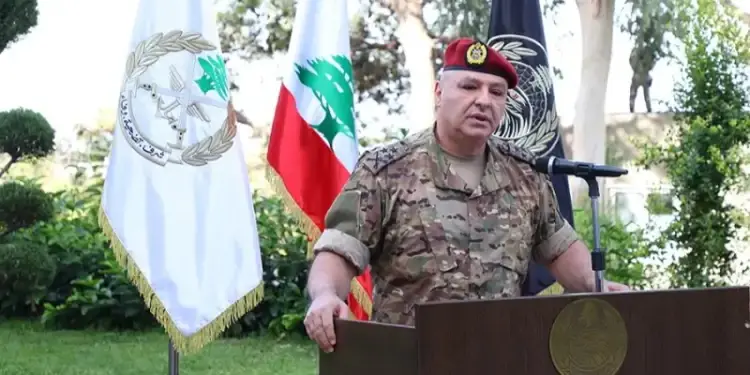Lebanon has ended an institutional vacancy that has lasted for more than two years. This Thursday, January 9, 2025, the commander -in -chief of the army, Joseph Aoun, was elected President of the Lebanese Republic by the Parliament, after having collected 99 votes out of a total of 128 deputies. Its election marks a decisive turning point for a country in the grip of a serious political, economic and social crisis.
The presidential election in Lebanon was expected since October 2022, the date of the end of Michel Aoun’s mandate. Since then, the country has been plunged into institutional paralysis, due to the deep disagreements between the various political factions, which have continued to accuse each other of blocking the election of a successor.
This presidential vacancy was added to a series of crises, including an unprecedented economic deterioration, a currency in free fall, shortages of basic necessities, and a tense social climate.
The election of Joseph Aoun was made possible after weeks of intense negotiations between the main parliamentary blocks, in particular those of Hezbollah, of the Amal movement, and other political forces.
These negotiations culminated by a decisive meeting between representatives of Hezbollah and the Amal movement and the chief of the army in Parliament. This consensus allowed Joseph Aoun to obtain the 99 votes necessary to win, against 71 votes in the first ballot held in the morning.
The choice of Joseph Aoun is not trivial. Considered a respected and neutral figure, it enjoys a reputation for firmness and integrity. Since his appointment at the head of the army in 2017, he managed to maintain the military institution as a pillar of stability in a country marked by the confessional and political divisions.








